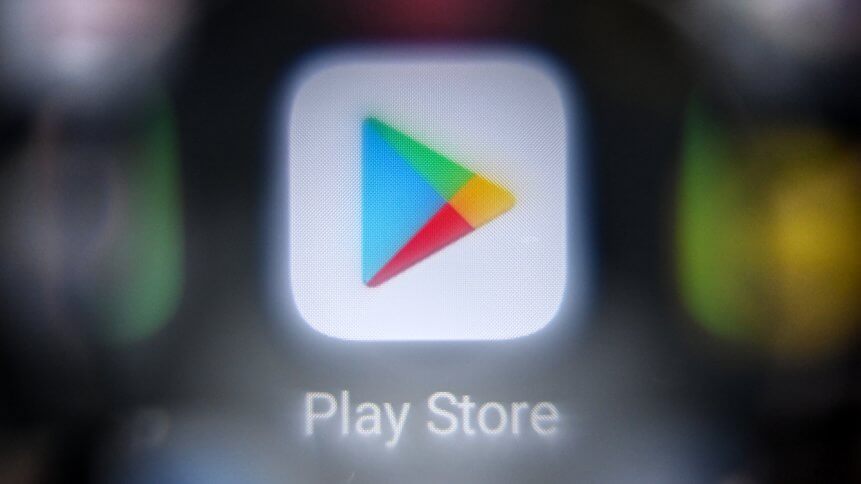After Apple, Netherlands eyes Google Play payments monopoly

- Investigation was triggered when Tinder owner the Match group asked the regulator to assess whether Google is abusing a dominant position in the dating app market
- The Netherlands ACM watchdog is stuck in a two-year fight with Google competitor Apple over alternative payment means for apps on the App Store
Over the last two years, Apple Inc and the Netherlands Authority for Consumers and Markets (ACM) have been locked in a dispute over an antitrust order, costing the iPhone maker €50 million in fines. The Dutch consumer watchdog has levied €5 million against the tech giant each week for 10 weeks for failure to comply with an order to make it possible for dating app providers in the country to use non-Apple payment methods.
The ACM said its fines against the company in the long-running dispute now totaled the maximum possible amount under its current order. To recall, in December 2021, ACM ordered Apple to change its App Store payment policies and insisted that they must offer alternative payment options. Those options needed to be available to users both within and outside of the app, ACM stipulated.
Ever since then, the Netherlands regulator has been going back and forth with the company over how it should be implemented — and charging Apple millions in fines along the way. By the end of March this year, Apple claimed it had met the requirements of the order, and has been in compliance since January 15 this year. It published a new version of its App Store rules that allow local dating apps to take payments through third-party processors.
The Netherlands ACM however rejected the proposed App Store changes as it claims it requires more “improvement” and it’s still “not sufficient to comply with European and Dutch regulations.” To top it off, just two days ago the European Commission, the bloc’s competition watchdog, separately charged the iPhone maker with preventing competitors trying to enter the contactless market “from accessing the necessary hardware and software […] to the benefit of its own solution, Apple Pay”.
For context, the use of NFC on iPhones is blocked for payments except by Apple Pay. Any other company wanting to use the technology must pass through Apple for a fee. The EU’s antitrust chief Margrethe Vestager on Monday said that by restricting the access to the NFC to everyone other than themselves, “this market is really not developed because it’s not possible for other app developers to get access to the NFC.” The upside is that there is no deadline for the EU’s continued investigation. However, if found guilty, Apple would have to remedy its practices or face fines that could reach as high as 10% of annual sales.
And while all of that was still ongoing, the Dutch watchdog made another move by announcing this week that it has initiated a preliminary investigation into Alphabet Inc’s Google for possible anti-competitive practices in its Google Play app store. The focus on Google’s Play Store came after Tinder owner Match Group had asked the regulator to assess whether the search engine behemoth is abusing a dominant position in the dating app market.
In an email, ACM spokesperson Murco Mijnlieff said, “dating-app provider [Match Group] has asked ACM to assess whether Google abuses its dominant position with these practices. ACM will therefore conduct a preliminary investigation in response to this request.” Mijnlieff also noted that “Dating-app providers allegedly are no longer able to use a payment system other than Google’s payment system.”
According to TechCrunch, a Google spokesperson said in an email response that “like any business, Google charges for services but Match Group’s apps are eligible to pay just 15% on Google Play for digital subscriptions, which is the lowest rate among major app platforms. But even if they don’t want to comply with Google Play’s policies, Android still provides them multiple ways of distributing their apps to Android users, including through other Android app stores, directly to users via their website, or as consumption-only apps.”










